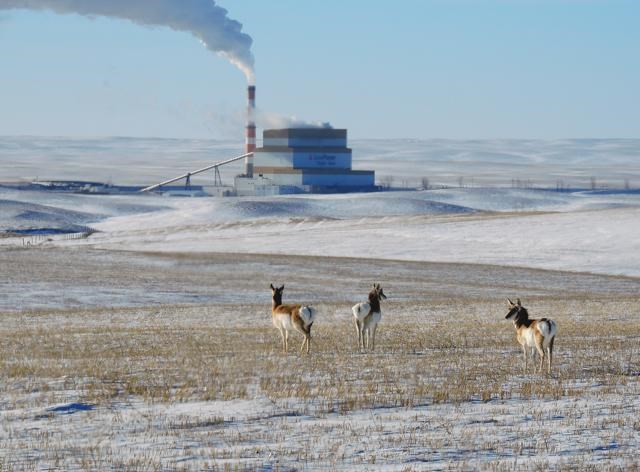Extreme cold temperatures in southern Saskatchewan in early February were not only dangerous for humans, but for farm animals as well.
Temperatures dipped to the low minus 20s and with a windchill some days felt like the minus 30s.
The Assiniboia Times checked in with Saskatchewan Agriculture’s Jennifer Heyden, who is a regional livestock specialist based in Moose Jaw, about some tips for caring for livestock in extreme winter temperatures.
One of the most important things to do is to make sure that livestock have some type of a shelter whether man-made or a shelter belt to block cold winds. Even though livestock will grown a thick winter coat which allows them to stay out in colder temperatures, the wind can still be damaging. “If we can cut down on that wind, it makes a tremendous difference,” added Heyden.
A second consideration is feeding livestock the appropriate feed so that they can keep warm. When the temperatures plunge below minus 20, it is recommended to increase feed volumes.
“They need to have access to good quality feed, good quality hay. Then also if you are feeding grain or pellets or some sort of concentrated feed, they should be getting extra when it is below minus 20,” said Heyden. Grain is important for cattle in terms of creating heat, while a higher quality hay or forage is needed for horses to warm themselves from the inside. “Grain does not do the same for a horse as for a cow in terms of creating heat. Animals lose their condition very quickly if they don’t have access to a windbreak and they are not on a high plane of nutrition,” said Heyden.
For more on this, see the Feb. 17, 2017 print or e-edition of the Assiniboia Times. You can also subscribe to the Assiniboia Times here:




